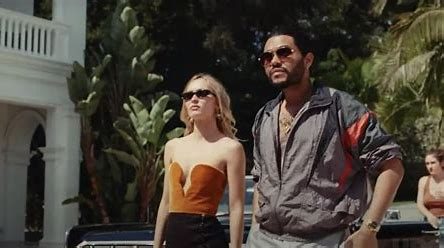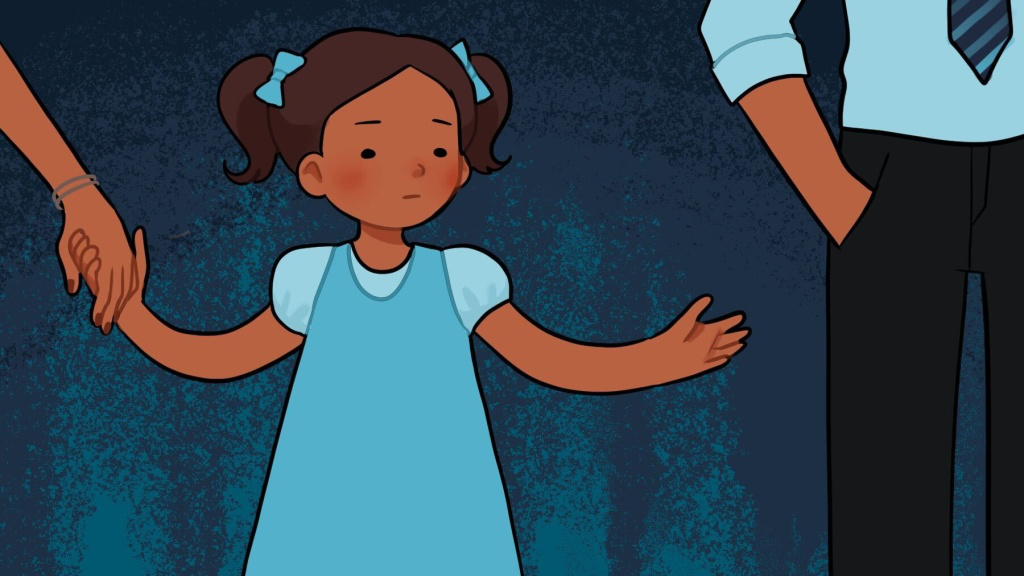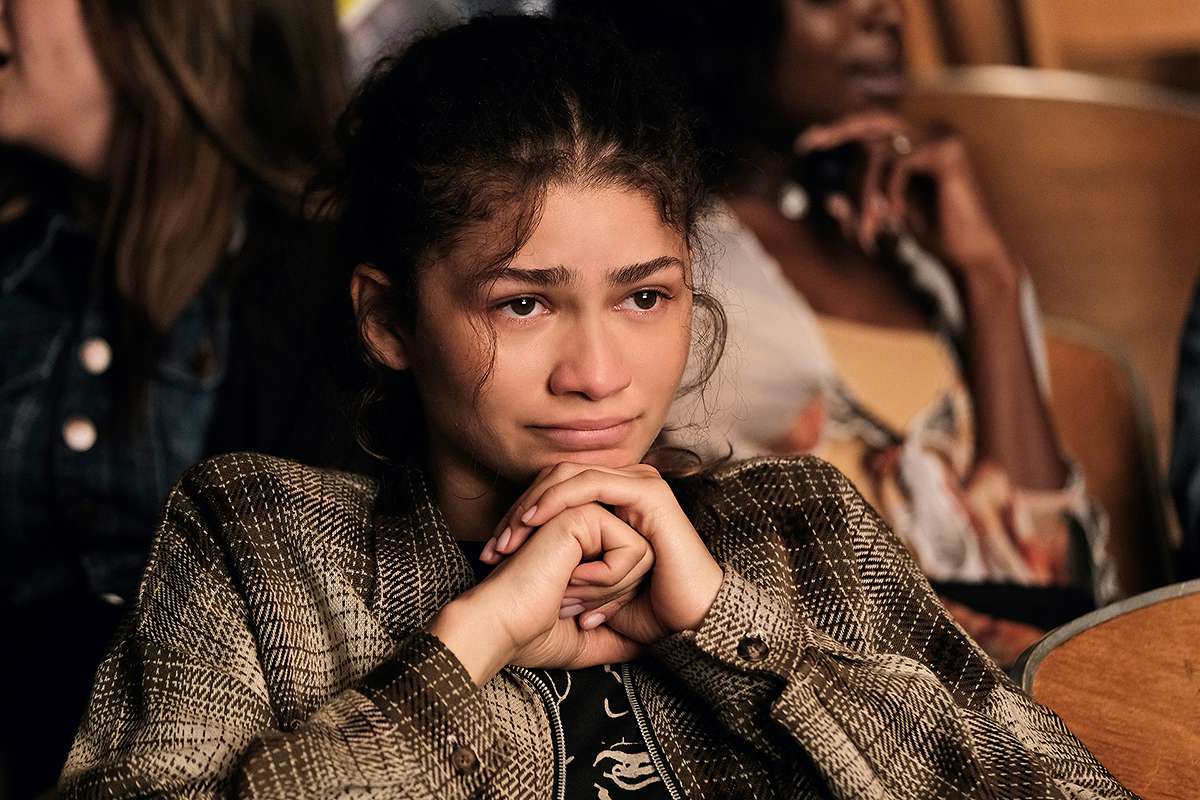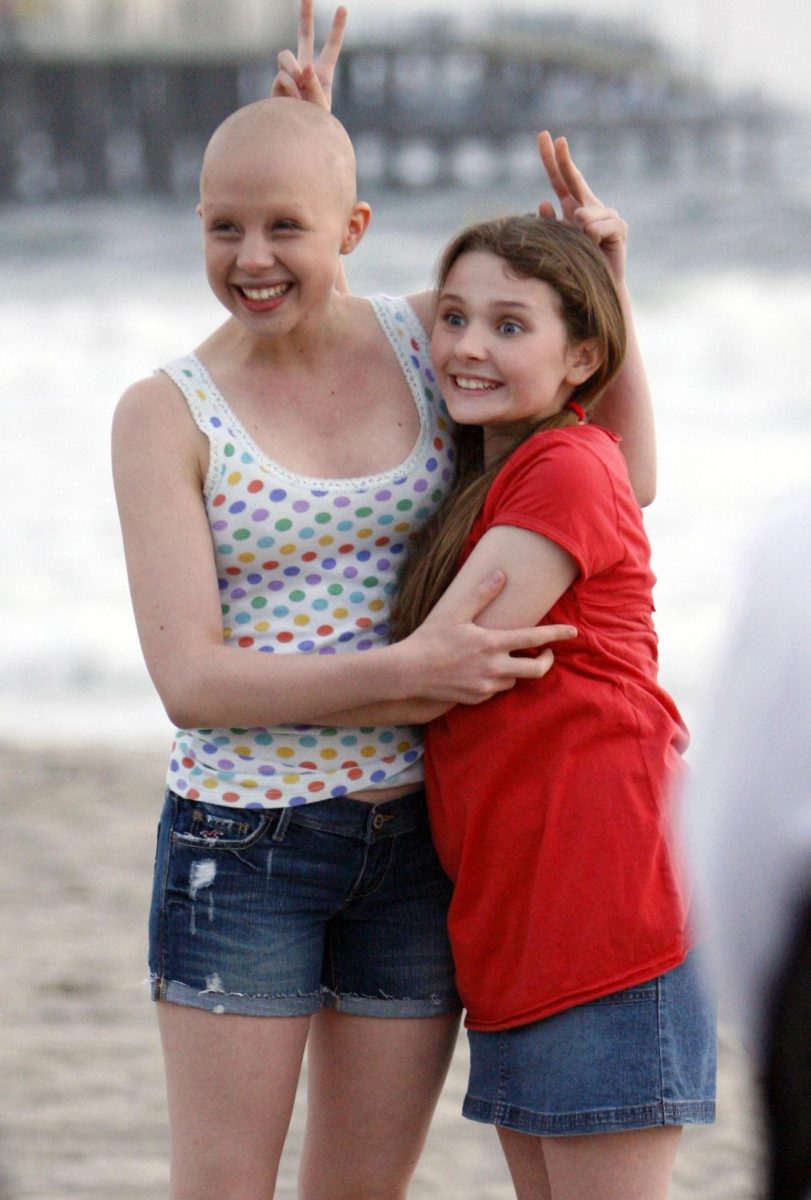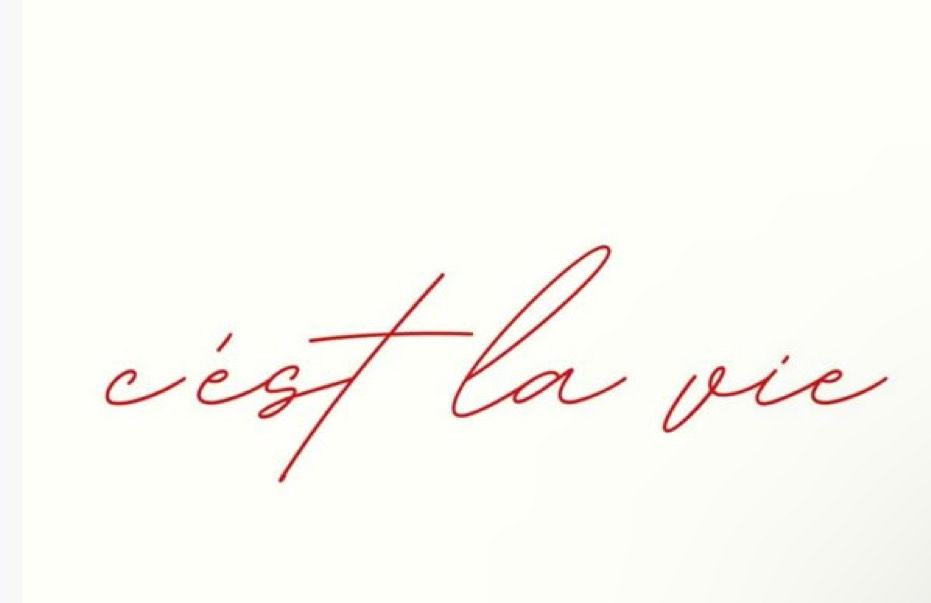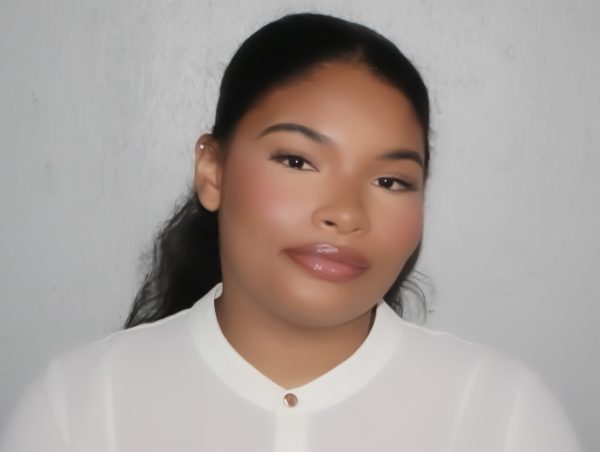Released on June 4, 2023, on HBO Max, The idol quickly became the talk of the town .As someone who spends a lot of time on the streaming platform, I couldn’t help but watch The Idol. The show’s controversy had my curiosity piqued. Directed by Sam Levinson and co-created by Abel Tesfaye (aka The Weeknd). The Idol explores the messier, darker side of fame. To be real, some scenes were pretty disturbing.
The show starts off by showing us a twisted reality of fame a world full of scandals, power struggles, and sex. It’s almost like a modern take on the Hollywood elite lifestyle, but with a lot more discomfort thrown in.
One moment that stuck with me was when Jocelyn (Lily-Rose Depp), a pop star trying to get back on track after a breakdown, is getting ready for a photoshoot. Her team wraps her head in plastic wrap to make it look like she’s just had an intense workout.
It’s one of those moments where you’re like, Wait, this is real? It’s bizarre, and honestly, kind of gross, but it’s a perfect example of how the industry pushes people to maintain an image at all costs.
But the real chaos begins when Tedros (The Weeknd) enters the picture. He’s a manipulative, almost cult like figure who’s a huge part of Jocelyn’s downward spiral.
He convinces her to let him and his crew move into her mansion, claiming it’s to help her “find her voice” and “empower” her. But it quickly becomes clear that what Tedros is really doing is isolating Jocelyn from everyone who cares about her, making her more dependent on him. That’s a huge red flag.
Tedros isn’t exactly the “empowering” figure The Weeknd describes him as in interviews. In fact, the way he manipulates Jocelyn is anything but empowering. He repeatedly uses her vulnerabilities, pushing her into situations where she has to relive past trauma.
One of the most uncomfortable scenes is when he forces her to confront painful memories, and it feels more like exploitation than support. And yet, The Weeknd describes her as “damaged yet empowered,” which feels off.
Is that how we really want to talk about someone who’s being controlled and manipulated?
The show takes it even further by showing just how toxic the entertainment industry can be when someone like Tedros, who has too much power, can step into an artist’s life and make it all about him. The whole idea of “finding yourself” in a world that’s constantly trying to change you is messed up. Tedros feeds on Jocelyn’s insecurities, all while convincing her that he’s the only one who understands her. It’s hard to watch but also impossible to not face the reality of many in this kind of industry.
In The Idol, there’s a lot of shock value, and I get why some critics have been upset. The line between criticism of the entertainment industry and glorifying its toxic elements sometimes gets blurred.
Is it exposing the problems of fame, or just adding to them? It’s a tough question, and I’m not sure the show knows the answer either. But what’s even more interesting is the backstory of how The Idol came to be.
Originally, the show was going to be directed by Amy Seimetz, known for her work on The Girlfriend Experience and She Dies Tomorrow. However, she backed out after filming had already started. The Weeknd and Levinson then stepped in to take full creative control, which, according to some reports, led to a shift in the show’s tone and direction. It’s clear that the change in direction played a big part in how dark and uncomfortable the series turned out.
Despite everything, The Idol has stuck with me. It’s disturbing, thought provoking, and it really makes you think about the cost of fame and how power plays out in the entertainment world. It’s clear that the show isn’t meant to make us feel comfortable. In fact, it wants us to question everything we think we know about fame, power, and who gets to control the narrative. If you can handle the uncomfortable moments, there’s a lot to unpack here, and I don’t think it’s a story that will be easy to forget anytime soon.



